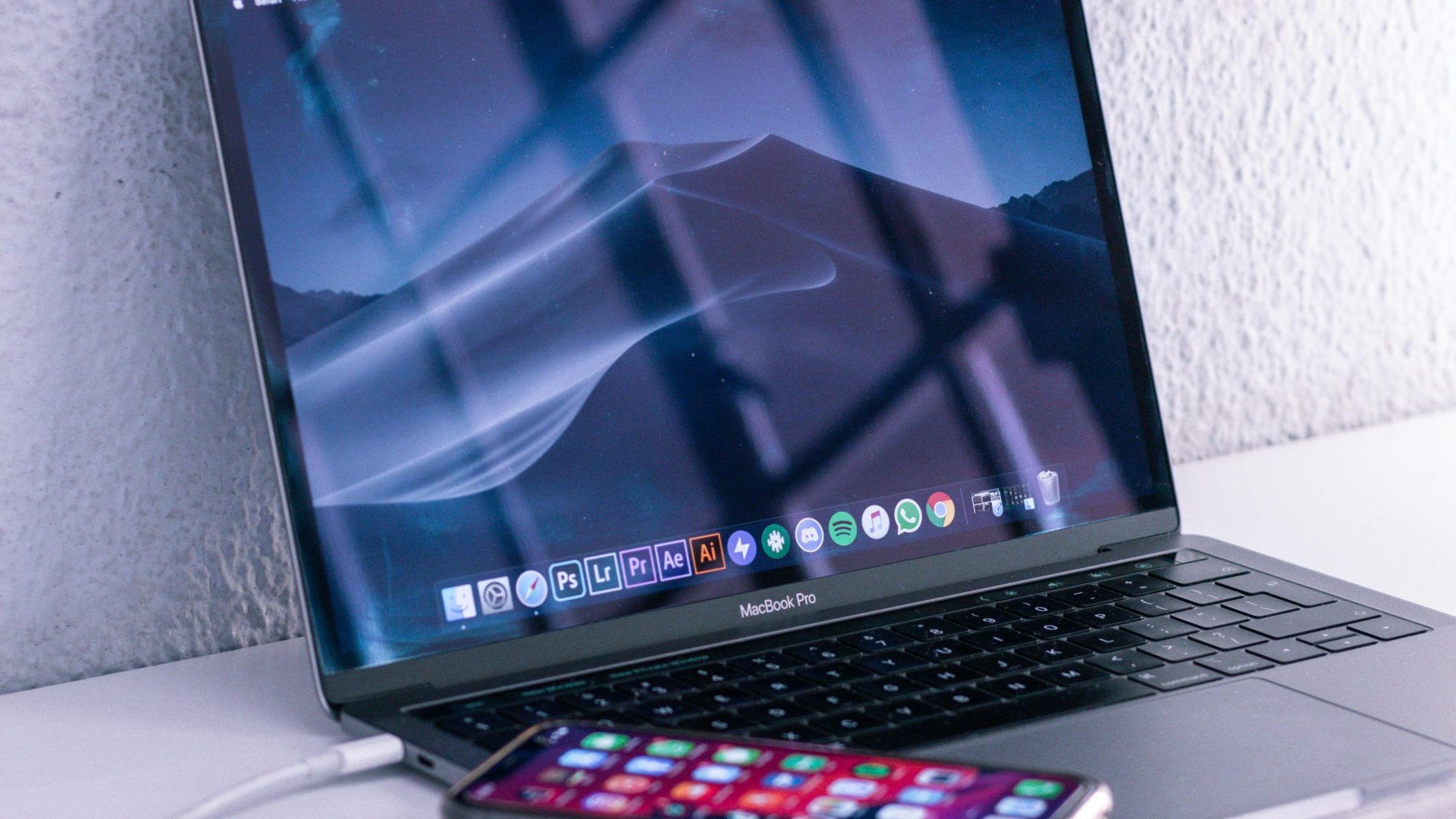In the digital age, mobile devices have become ubiquitous tools for communication, productivity, and entertainment. However, their potential as powerful educational tools is often overlooked. Mobile learning, or m-learning, harnesses the capabilities of smartphones, tablets, and other portable devices to deliver educational content, facilitate learning experiences, and empower learners anytime, anywhere. By leveraging the convenience, accessibility, and versatility of mobile technology, educators and learners alike can unlock new opportunities for lifelong learning and skill development.
- Access to Learning Anytime, Anywhere
One of the most significant advantages of mobile learning is its flexibility and accessibility. With a smartphone or tablet, learners can access educational resources, courses, and learning materials at their convenience, whether they are at home, on the go, or in transit. This anytime, anywhere access eliminates barriers to learning imposed by traditional classroom settings and empowers learners to pursue education at their own pace and on their own terms. Mobile learning is particularly beneficial for individuals with busy schedules, such as working professionals, parents, or commuters, who may not have the time or flexibility to attend traditional classes. By integrating learning into their daily routines, learners can make the most
of their downtime and transform idle moments, such as waiting in line or commuting on public transportation, into valuable learning opportunities. - Personalized and Adaptive Learning Experiences
Mobile learning enables personalized and adaptive learning experiences tailored to individual preferences, interests, and learning styles. Educational apps, platforms, and digital resources can analyze user data, track progress, and recommend personalized learning pathways based on learners’ strengths, weaknesses, and goals. Adaptive learning algorithms can dynamically adjust the difficulty and pace of content to match learners’ proficiency levels and learning needs, ensuring that they receive targeted support and challenges. This personalized approach to learning enhances engagement, motivation, and retention by providing learners with content that is relevant, meaningful, and aligned with their learning objectives. - Rich Multimedia Content and Interactive Learning
Mobile devices offer a rich multimedia environment that supports diverse learning modalities and enhances engagement through interactive, immersive experiences. Educational apps, videos, podcasts, games, simulations, and augmented reality (AR) applications provide learners with interactive learning experiences that stimulate curiosity, creativity, and exploration.
Multimedia content can convey complex concepts effectively through visualizations, animations, and real-life examples, making abstract or challenging topics more accessible and engaging. Interactive features such as quizzes, puzzles, and simulations enable learners to actively participate in the learning process, reinforce their understanding, and apply their knowledge in
practical contexts. - Collaborative and Social Learning
Mobile learning facilitates collaborative and social learning experiences that encourage interaction, communication, and knowledge sharing among learners. Social media platforms, messaging apps, discussion forums, and collaborative tools enable learners to connect with peers, exchange ideas, and collaborate on projects in virtual learning communities. Peer-to-peer learning fosters collaboration, communication, and teamwork skills while providing opportunities for peer feedback and support. Virtual study groups, online forums, and community-driven learning initiatives create a supportive learning environment where learners can share resources, ask questions, and engage in meaningful discussions with peers and educators. - Continuous Learning and Skill Development
Mobile learning promotes lifelong learning and continuous skill development by providing learners with access to a diverse range of educational resources, courses, and learning opportunities. Whether they are seeking to acquire new skills, advance their careers, or pursue personal interests, learners can find relevant and up-to-date content on a wide range of topics through mobile learning platforms and apps. Microlearning modules, short videos, tutorials, and bite-sized lessons cater to learners’ busy
schedules and enable them to learn in small, manageable increments. This flexible approach to learning allows learners to focus on specific skills or topics of interest, acquire new knowledge gradually, and apply what they have learned in real-world contexts. - Overcoming Barriers to Education
Mobile learning has the potential to overcome barriers to education imposed by factors such as geography, socioeconomic status, or physical limitations. For learners in remote or underserved communities with limited access to traditional educational resources or infrastructure, mobile devices offer a lifeline to educational opportunities and resources that would otherwise be out of reach.
Mobile learning initiatives and digital literacy programs can empower marginalized populations, including refugees, immigrants, and individuals with disabilities, to access quality education, acquire valuable skills, and participate more fully in society. By democratizing access to education, mobile learning has the power to level the playing field and promote social inclusion and economic empowerment.
In addition, Mobile learning represents a transformative shift in the way education is delivered, accessed, and experienced in the digital age. By harnessing the power of mobile technology, educators and learners can break free from the constraints of traditional learning environments
and embrace a more flexible, personalized, and accessible approach to education. From anytime, anywhere access to learning resources to personalized, adaptive learning experiences, mobile learning offers a wealth of opportunities for lifelong learning, skill development, and empowerment. As mobile technology continues to evolve, the potential for mobile learning to revolutionize education and empower learners around the world is limitless.





